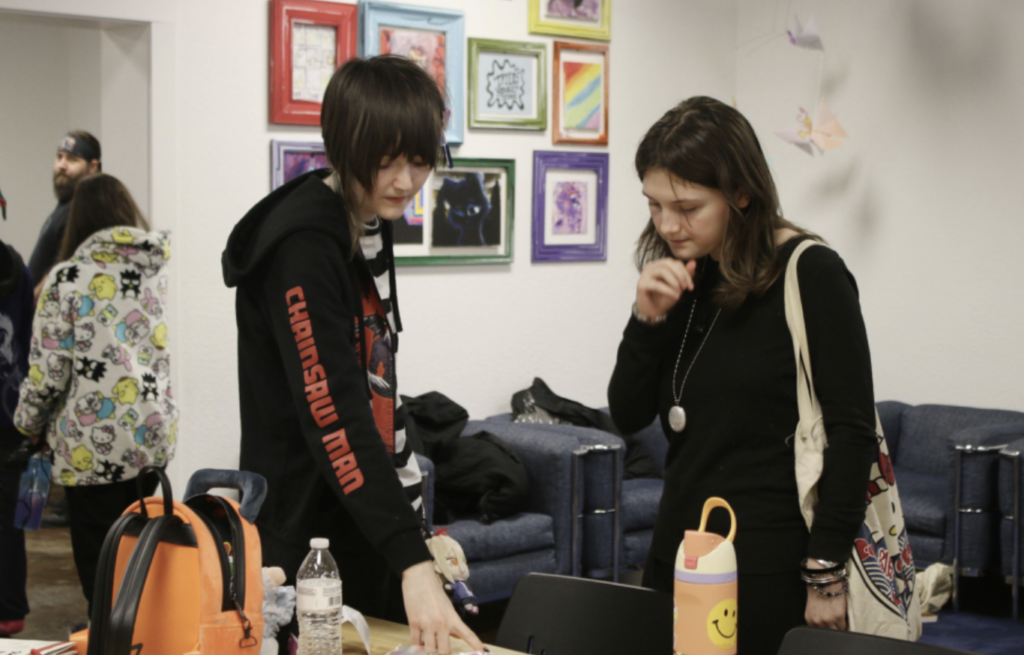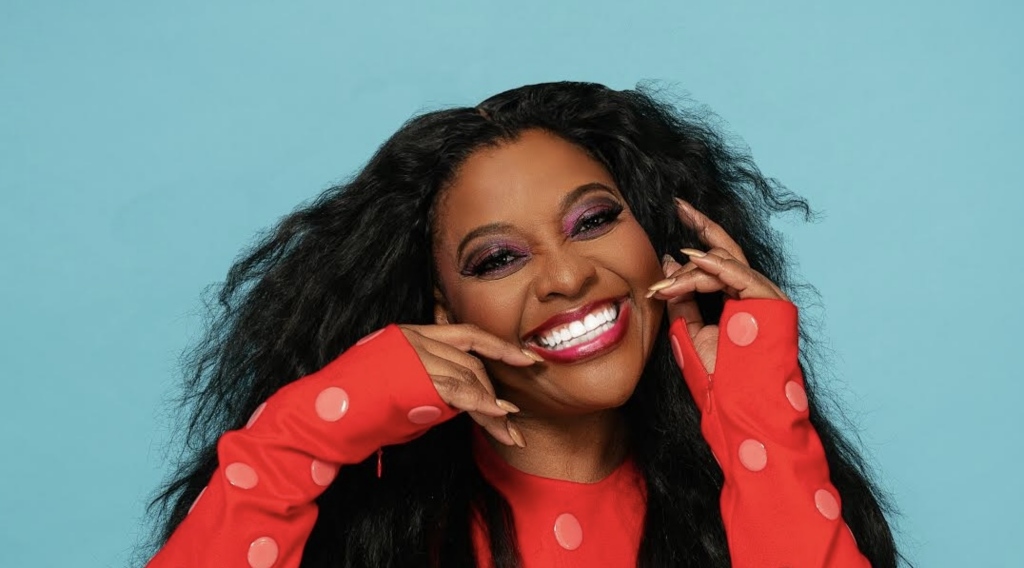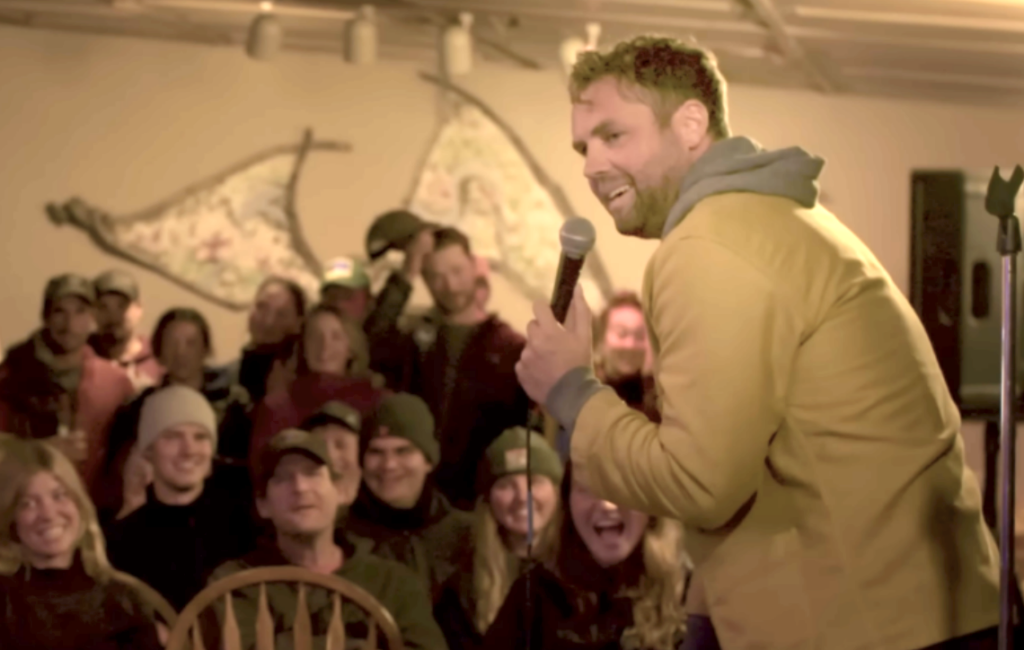Keep Them Coming: Breaking into lesbian culture
Understanding the full spectrum of human sexuality is complicated and nuanced. The judgmental type might call it ‘trendy’ to play with labels for gender, orientation, or relationship structures. But consider that the people taking on a new label are seeking solace and camaraderie, and they want to embrace a newfound understanding of themselves.
While there is more space to be queer overall in our culture, heteronormativity remains the default setting. 10 states have policies that affirm LGBTQ+ identities, and only six states require LGBTQ+ inclusive sexual health education, according to GLSEN. When no education or representation is accessed by young people at age-appropriate times, some gay kids are left wondering why they feel so different about dating, sex, and relationships than their peers.
That’s how you end up being married to a man for nearly 25 years and wondering why women give you this panicked feeling and butterflies in your tummy, like love and relationship coach Heidi Oh. “I consider myself a late-in-life lesbian.” Oh experienced a slow progression into acceptance of her identity, first coming out to herself. “You have to undo some conditioning about living that heterosexual, cis, female life. So it took some time.”
After a friend came to her expressing both her excitement at wanting to live authentically and date women, as well as her frustration over not knowing lesbian culture, Oh started a monthly meet-up group.
“Every subculture has its own rules—unspoken rules—and that’s what she didn’t know, and she had a really hard time inserting herself. That constant feeling of like… not sitting at the ‘cool kids’ table’. She felt like ‘What do I have to do to be accepted? What do I have to do to be liked by you? I’m saying that I‘m attracted to women, I want to date women, I want to be with women, but yet, you’re rejecting me and I don’t know how to get in there,’” says Oh.
Her support group is open to anyone who identifies as a late-in-life lesbian, yet she expressed she had some preconceived notions about who would attend. To Oh’s surprise, it wasn’t just Gen Xers or women post-divorce. It was also early to mid-20-year-olds who were just coming out. They even felt like they were late to the party if they didn’t recognize their true orientation sooner. She believes we have witnessed a generational divergence.
“You know how heterosexuality has that default? If you’re born a woman, am a woman… No one told me I had to marry a man, but there wasn’t another path lit up at all. But as the younger generations are coming up, they know there is another path,” she says. Gen Z has barely known a world without marriage equality since SCOTUS’ Obergefell v. Hodges ruling was in 2015.
Growing into same-sex attraction, no matter your age, is absolutely valid. The split attraction model also supports that we can be romantically attracted to one group while being sexually attracted to another. Between context, conditioning, education, and wiring of our brains, we have a wide variety of desires and experiences.
“Our sexuality is on a spectrum. There is no ‘I decided to be gay’ or ‘I chose to be gay’, but there is a decision to stay in the closet. And to be clear, that’s okay. [Coming out] is not the ultimate goal of every gay person. It’s not even safe, especially now. And for some people, the closet was not a privilege for them,” says Oh.
What can feel frustrating for late-in-life lesbians or bi/pansexuals is the gatekeeping by lesbians. Oh and Kay—a 44-year-old bisexual woman from Overland Park—both state they completely understand not wanting to be someone’s experiment, to be approached by a couple, or to end up with someone who has pussy repulsion or internalized homophobia.
Oh says rejection of a newbie by a “gold star lesbian” can happen for all those reasons and more, yet it’s interesting because, “most lesbians—at some point—had sex with a man, got close with a man, had a relationship with a man. I feel like it’s really unfortunate because so many lesbians have been with men and then ostracize someone else for being where they were at one point.”
When Kay directly asked why so many lesbians do not want to be with anyone other than a gold star lesbian, she says, “I got told it’s a trust issue. It’s the fear that if you’ve been with a man once, you’ll be with them again.”
Being afraid of or repulsed by women’s genitals isn’t usually based on notions of preference, it’s usually a lack of education or internalized homophobia. Women can enforce pussy repulsion in our society in many ways. Oh says, “They are okay with their men thinking their pussy is gross. They are okay with their men making fish jokes.”
How can you tell if someone you’ve met has pussy repulsion? “You kind of know by the way she talks, she’s usually not confident talking about her body, or mine,” says Kay of her experiences.
Another challenge is that newbies who have been immersed in heterosexual culture could also be making a fundamental mistake—treating a same-sex relationship like a hetero one. “There are a lot of women who come into lesbian culture and treat the lesbian relationship like the one they just got out of. If you have your blinders on like, ‘This is how relationships are’, and take this into a lesbian relationship, you’re gonna flounder,” Oh says.
How can someone procure the knowledge to be in lesbian culture? Oh first recommends, if there’s been trauma, take the time to heal and grow your self-awareness before jumping in. “Maybe you need to be debriefed from heteronormativity. Maybe you need to hang out in a lesbian space and be an observer,” she says.
“Break down those barriers that we all have inside of us that are preventing us from having connection and attunement with others, empathy and compassion, it’s all those things,” says Oh. This is what is necessary for us to be available and ready for whoever comes into our life next.
Go to lesbian bars, Pride, or events with the Mid-America LGBT Chamber of Commerce. Find inclusive spaces where the entire LGBTQ+ community gathers. Challenge yourself to gain a deep understanding of what you want, free from the influence of your past. Have conversations with other people who are in the same situation, either online or in person.
Don’t worry about talking someone into giving you a chance just because you’ve lived a different life than they have. Be yourself in your most unabashed form, and the right people will want to be in your life
You can find Kristen @coach_kristen_ on Twitter or openthedoorscoaching.com. Check out her podcast Keep Them Coming.
Click below to read the June 2025 Issue of The Pitch Magazine:






